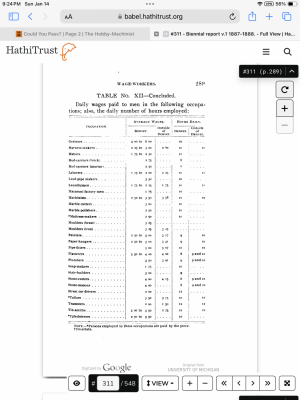An interesting rebuttal to that test: (from Snopes.com- fact check)
Consider: To pass this test, no knowledge of the arts is necessary (not even a nodding familiarity with a few of the greatest works of English literature), no demonstration of mathematical learning other than plain arithmetic is required (forget algebra, geometry, or trigonometry), nothing beyond a familiarity with the highlights of American history is needed (never mind the fundamentals of world history, as this exam scarcely acknowledges that any country other than the USA even exists), no questions about the history, structure, or function of the United States government are asked (not even the standard "Name the three branches of our federal government"), science is given a pass except for a few questions about geography and the rudiments of human anatomy, and no competence in any foreign language (living or dead) is necessary. An exam for today's high school graduates that omitted even one of these subjects would be loudly condemned by parents and educators alike, subjects about which the Salina, Kansas, students of 1895 needed know nothing at all. Would it be fair to say that the average Salina student was woefully undereducated because he failed to learn many of the things that we consider important today, but which were of little importance in his time and place? If not, then why do people keep asserting that the reverse is true? Why do journalists continue to base their gleeful articles about how much more was expected of the students of yesteryear on flawed assumptions? Perhaps some people are too intent upon making a point to bother considering the proper questions.



